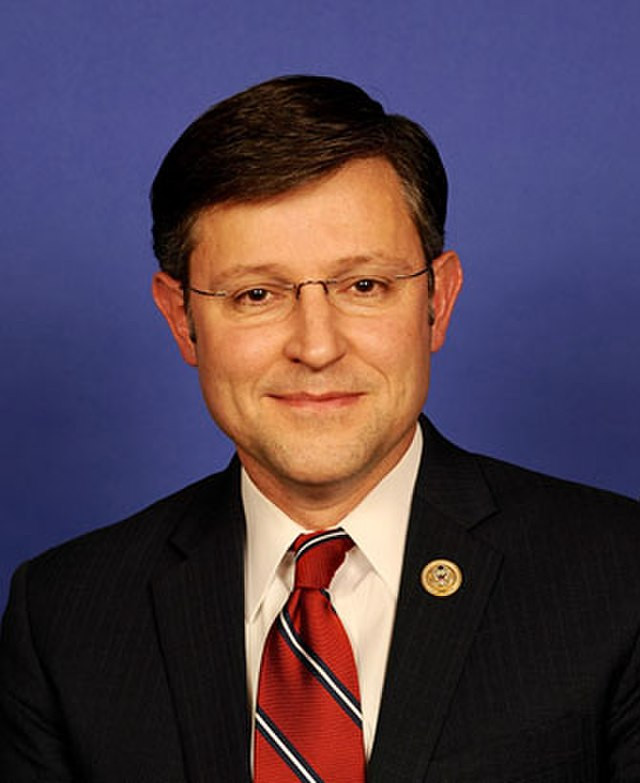Republican Rep. Mike Johnson of Louisiana was elected as the speaker of the House of Representatives, concluding a tumultuous three-week leadership crisis that had left Congress in a deadlock. Johnson, who had previously maintained a relatively low public profile, was thrust into the limelight after securing the party's nomination for the coveted position. His election was unanimous among the 220 Republicans who cast their votes, an impressive feat considering he was the fourth nominee presented by the GOP in just two weeks.
Johnson's rise to the position of speaker was not without its challenges. The GOP, deeply divided, had struggled to put forth a candidate who could garner enough support. However, Johnson's nomination received a significant boost from former President Donald Trump, who urged Republicans to rally behind the Louisiana representative. Additionally, Johnson managed to secure the backing of several moderate New York Republicans, who had previously been hesitant to support some of the more hardline conservatives vying for the top job.
While Johnson's election as speaker is noteworthy, it's his past that has recently come under scrutiny. During his tenure as an attorney for a socially conservative legal group in the mid-2000s, Johnson penned editorials for his local Shreveport, Louisiana, paper, The Times, in which he expressed strong anti-gay sentiments. He described homosexuality as an "inherently unnatural" and "dangerous lifestyle," suggesting that it could pave the way for legalized pedophilia and even threaten the democratic system.
Furthermore, Johnson, in another editorial, differentiated between race, creed, and sex as inherent traits and homosexuality and cross-dressing as choices. He argued that while the U.S. is a free country, it shouldn't offer special protections based on "bizarre choices."
During this period, Johnson was associated with the Alliance Defense Fund, now known as the Alliance Defending Freedom. He voiced his opposition to the landmark Supreme Court ruling in Lawrence v. Texas, which decriminalized homosexual activity between consenting adults. Johnson's stance was clear in a July 2003 op-ed where he labeled it a public health concern and warned of the potential consequences of decriminalization.
Fast forward to the present, and Johnson's election as speaker comes at a time when the majority of Americans support gay rights. Interestingly, Tom Emmer, who initially outpaced Johnson in the House Republican Conference's voting for their speaker nominee, faced backlash from conservatives for his 2022 vote to codify same-sex marriage. Johnson, on the other hand, voted against the bill and even introduced legislation reminiscent of Florida's controversial "Don't Say Gay" bill.
Johnson's past writings also included alarming predictions about the implications of same-sex marriage. He suggested that it could lead to individuals marrying their pets and warned that it might be the downfall of the democratic system. In a 2004 column, he even went as far as to claim that same-sex marriage could be a precursor to "chaos and sexual anarchy" that could potentially destabilize the republic.
While Johnson's past views are undoubtedly controversial, his current role as speaker places him in a position of immense power and influence. As America grapples with pressing issues such as a potential government shutdown, the ongoing conflict between Israel and Hamas, and the Russian invasion of Ukraine, Johnson's leadership will undoubtedly be under the microscope.




